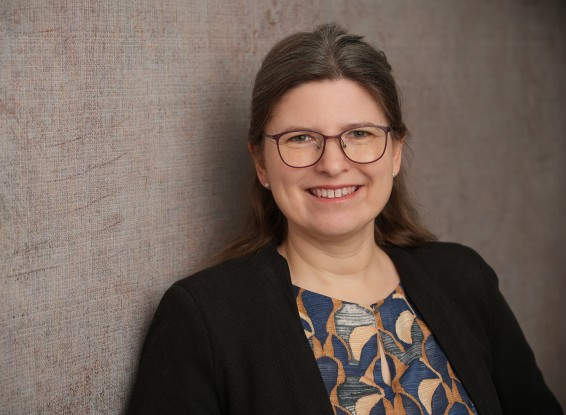|
TP1 Analysis of the Causes of Dropout and Dropout Trends Involved: Diversity Education Office Many measures and projects aim to open a path to higher education for more people. At the same time, it can be observed that many students do not successfully complete their studies. Initial approaches show that numerous causes along different diversity dimensions in the heterogeneous student body can lead to dropout or dropout thoughts. The subproject examines the institutional, structural and individual causes of dropouts and develops recommendations for the design of support services or flexibilization measures. Contact: Derman Aygün-Yildirim |
|
TP2 Revision of Part-time Concept Involved: Service point part-time studies, studying with children Part-time study programs were first established at TU Darmstadt in 2012. This mode of study is becoming increasingly popular and grants enrollees a comparatively higher degree of temporal flexibility compared to “normal” degree courses. However, changing circumstances of living, such as the increased need for students to earn their living, make further flexibilization necessary. The goal of the subproject is therefore to develop options for further flexibilization within part-time study programs and to expand the range of degree courses where part-time studies are possible. One important milestone of the project will be the actualisation of the university's part-time statutes. Contact: Gabriele Pfeiffer |
|
TP 3 B.Sc. Biology – Flexibility for Students with Completed Vocational Training in a Related Field Involved: Department of Biology Vocationally qualified students who would like to acquire additional qualifications in their respective professional fields seem to be very interested in STEM university degree programs. They to broaden their professional scope and to be more financially independent in later life. A survey at TU Darmstadt showed that these students work towards their university degree with high motivation and great determination. The goal of this sub-project is to make the study program more flexible for working students with prior professional qualifications (e.g. BTA, CTA, CL, etc.) and possibly even to shorten it because practical prior professional experience/ training content is recognized. Contact: Karen Rätz |
|
TP4 Part-time Course of Study for a Teaching Degree for Grammar Schools (Taking into Account the Needs of Professionally Experienced/Professionally Active Persons) Involved: Zentrum für Lehrkräftebildung / Service point part-time studies, studying with children After the amendment of the Hessian Teacher Education Act, it has become possible to establish part-time teaching degree courses. Until now, however, the practical phases of the degree course have been designed for a full time teaching role. This and the complexity of studying two equally important subjects plus educational studies makes the design of an overlap-free part-time curriculum a major challenge. Nevertheless, many students are already trying to succeed in their university studies while working at the same time as substitute teachers in schools. The goal of the subproject is to open up teaching degree course (for grammar schools) as a formal part-time study program and thus increase studyability by making it more flexible and taking into account non-university experience. Contact: Dr. Sophie Kirschner Caroline Scherer Judith Wiedemann |
|
TP5 B.Sc. Computer Science – Study Program with Individual Structure for the Basic Subjects Involved: Department of Computer Science / Central Student Advisory and Orientation Office (ZSB) Computer science has developed into the most system-relevant discipline of the 21st century. For the economy and society it is therefore necessary to educate as many graduated computer scientists as possible who can work internationally at eye level. The goal of the subproject is to lead more computer science students to success in their studies by individualizing the basic subjects. To this end, students with difficulties are to be addressed at an early stage and invited to an individual analysis of missing competencies. Based on this analysis, courses to build up missing subject-specific or non-subject-specific competencies can be attended. Contact: Prof. Dr. Karsten Weihe (Dept. Computer Science) Central Student Advisory |






